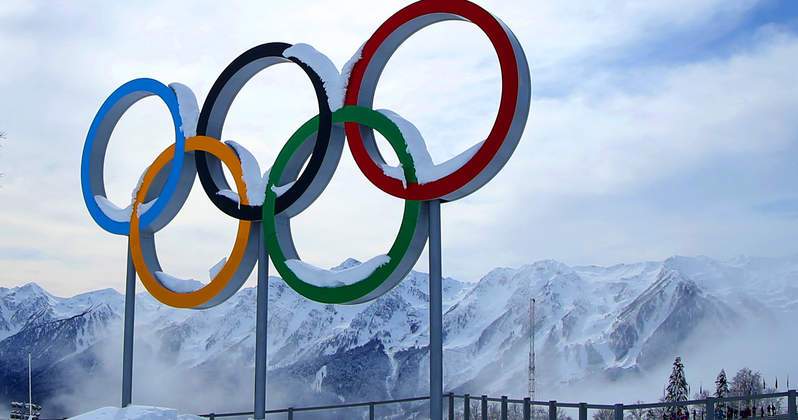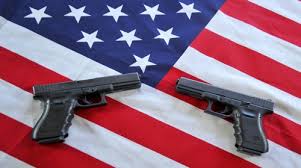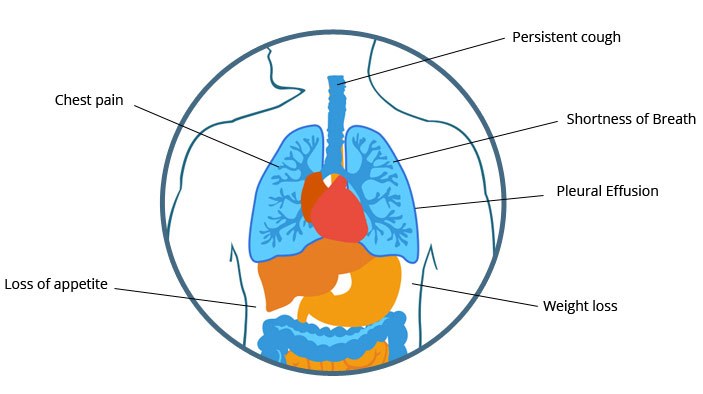Pyeongchang Olympics 2018 | Winter Olympics 2018

Opening ceremony
The opening ceremony of the 2018 Winter Olympics was held at the Pyeongchang Olympic Stadium on 9 February 2018; the US$100 million facility is only used for the ceremonies of these Olympics and Paralympics, and is slated to be demolished following their conclusion.
The Game
The 2018 Winter Olympics features 102 events in 15 sports, making it the first Winter Olympics to surpass 100 medal events. Four new disciplines in existing sports were introduced to the Winter Olympic program in Pyeongchang, including big air snowboarding, mixed doubles curling, mass start speed skating, and mixed team alpine skiing.
For the first time since 1998, the National Hockey League did not provide accommodations (including a break in the season for all teams during the Olympics) to allow its players to participate in the mens ice hockey tournament. The NHLs decision stemmed from their demands that the IOC cover the cost of insuring the NHL players who participate in the Games. Although it did pay to insure NHL players in Sochi, the IOC was unwilling to do so for Pyeongchang, and was concerned that the NHLs demand could set a precedent for other professional sports bodies to follow. NHL Commissioner Gary Bettman added that a factor in the decision was that the IOC did not allow the NHL to promote the involvement of its players in the Olympics. The NHL secured the cooperation of the International Ice Hockey Federation and the IOC, who agreed to establish a blacklist forbidding national teams from nominating or accepting players under NHL contract to their Olympic rosters.
The Torche
The torch relay started on 24 October 2017 in Greece and ended at the start of the Olympics on 9 February 2018. On 1 November 2017 the relay entered Korea. The relay lasted 101 days. There were 7,500 torch bearers to represent the Korean population of 75 million people. There were also 2018 support runners to guard the torch and act as messengers.
The torch and its bearers traveled by a diverse means of transportation, including by turtle ship in Hansando Island, sailboat on the Baengmagang River in Buyeo, marine cable car in Yeosu, zip-wire over Bamseom Island, steam train in the Gokseong Train Village, marine rail bike along the east coast in Samcheok, and by yacht in Busan Metropolitan City. There were also robot torch relays in Jeju and Daejeon.
Winter Olympics 2018
commonly known as PyeongChang 2018, is an ongoing international multi-sport event hosted by the county of Pyeongchang, South Korea. The county was selected as the host city in July 2011, during the 123rd IOC Session in Durban, South Africa. It marks the first time that South Korea has hosted the Winter Olympics, and the second Olympics held in the country, the first being the 1988 Summer Olympics in Seoul.
The Winter Olympics runs from 9 to 25 February 2018, with certain events being held on 8 and 9 February 2018 prior to the opening ceremony. The games feature 102 events in fifteen sports disciplines, including the addition of big air snowboarding, mass start speed skating, mixed doubles curling, and mixed team alpine skiing to the Winter Olympic programme. A total of 2,952 athletes from 92 National Olympic Committees are slated to compete, including the debut of Ecuador, Eritrea, Kosovo, Malaysia, Nigeria and Singapore.
The lead-up to these Games was affected by the ongoing tensions between South Korea and North Korea, and also the ongoing missile crisis involving the country. These led to security concerns, with several countries threatening to skip the games if their safety was not ensured. In January 2018, after their first high-level talks in over two years, North Korea agreed to participate in the Games. The countries also marched together during the opening ceremony and agreed to field a unified womens hockey team.
Bidding
Pyeongchang bid to host both the 2010 and 2014 Winter Olympics, but lost in the final rounds of voting to Vancouver and Sochi respectively.
Munich also launched a bid to host these Games. Prior to Beijings successful 2022 Winter Olympics bid, Munich would have become the first city to host both the winter and the Summer Games,
having previously hosted the 1972 Summer Olympics, but received 25 votes. Annecy (in southeastern France) launched a bid, but failed to secure public support from local citizens. Their bid received seven votes.
Pyeongchang was elected as the host city at the 123rd IOC Session in Durban in 2011, earning the necessary majority of at least 48 votes in just one round of voting, with more votes than its competitors combined. Pyeongchang is the third Asian city to host the Winter Games; the first two were in Japan, at Sapporo (1972) and Nagano (1998)
Development and Preparation
On 5 August 2011, the International Olympic Committee (IOC) announced the formation of the Pyeongchang 2018 Coordination Commission. On 4 October 2011, it was announced that the Organizing Committee for the 2018 Winter Olympics would be headed by Kim Jin-sun. The Pyeongchang Organizing Committee for the 2018 Olympic & Paralympic Winter Games (POCOG) was launched at its inaugural assembly on 19 October 2011. The first tasks of the organizing committee were putting together a master plan for the games as well as forming a design for the venues. The IOC Coordination Commission for the 2018 Winter Olympics made their first visit to Pyeongchang in March 2012. By then, construction was already underway on the Olympic Village.In June 2012, construction began on a high-speed rail line that is to connect Pyeongchang to Seoul.
The International Paralympic Committee met for an orientation with the Pyeongchang 2018 organizing committee in July 2012. Then-IOC President Jacques Rogge visited Pyeongchang for the first time in February 2013.
The Pyeongchang Organizing Committee for the 2018 Olympic & Paralympic Winter Games created Pyeongchang WINNERS in 2014 by recruiting university students living in South Korea to spread awareness of the Olympic Games through social networking services and news articles.
Participating National Olympic Committees.
A total of 95 teams have qualified at least one athlete so far, with 92 of them expected to compete. Six nations are scheduled to make their Winter Olympics debut: Ecuador, Eritrea, Kosovo, Malaysia, Nigeria and Singapore.
Athletes from the Cayman Islands, Dominica and Peru qualified to compete, but all three National Olympic Committees returned the quota spots back to the International Ski Federation (FIS).
Under an agreement with North Korea, its qualified athletes are allowed to cross the Korean Demilitarized Zone into South Korea and compete in the games. The two nations marched together under the Korean Unification Flag during the opening ceremony. A Unified Korea womens ice hockey team is also competing under a separate IOC country code designation (COR); in all other sports, there is a separate North Korea team and a separate South Korea team. See North Korea at the 2018 Winter Olympics for further details.
On 5 December 2017 the IOC announced that the Russian Olympic Committee was suspended due to the Russian doping controversy. Individual athletes who qualified and can demonstrate they have complied with the IOCs doping regulations instead compete as "Olympic Athletes from Russia" (OAR) under a neutral flag and with the Olympic anthem played in any ceremony.
Ticketing
Ticket prices for the 2018 Winter Olympics were announced in April 2016 and went on sale in October 2016, ranging from â‚©20,000 (approximately US$17) to â‚©900,000 (US$776). Tickets for the opening and closing ceremonies range from â‚©220,000 (US$190) to â‚©1.5 million (US$1293). The exact prices were determined through market research; around 50% of the tickets are expected to cost about â‚©80,000 (US$69) or less, and tickets in sports that are relatively unknown in the region, such as biathlon and luge, are made cheaper in order to encourage attendance. By contrast, figure skating and the mens hockey gold-medal game carry the most expensive tickets of the Games.
As of 11 October 2017, domestic ticket sales for the Games were reported to be slow. Of the 750,000 seats allocated to South Koreans, only 20.7% had been sold. International sales have been better, with 59.7% of the 320,000 allocated tickets sold. However, as of 31 January 2018, 77% of all tickets have been sold.

.png)




